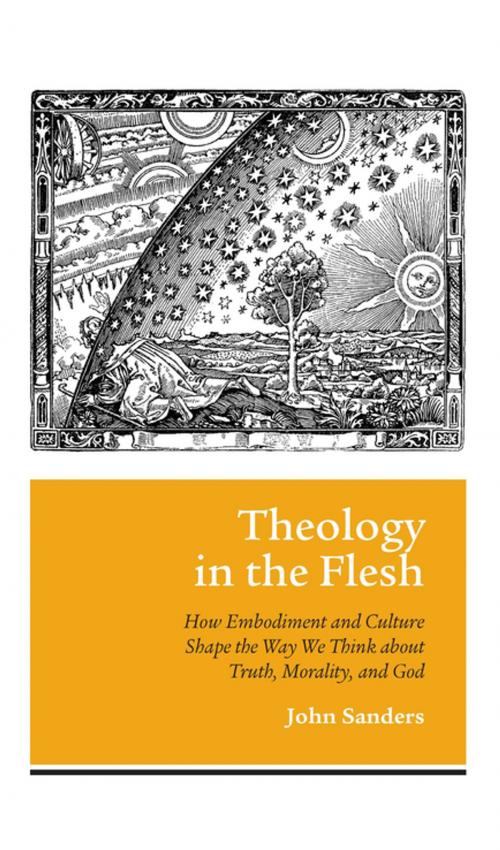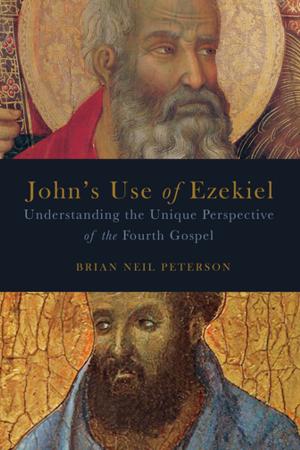Theology in the Flesh
How Embodiment and Culture Shape the Way We Think about Truth, Morality, and God
Nonfiction, Religion & Spirituality, Inspiration & Meditation, Spirituality, Theology, Philosophy| Author: | John Sanders | ISBN: | 9781506408439 |
| Publisher: | Fortress Press | Publication: | August 1, 2016 |
| Imprint: | Fortress Press | Language: | English |
| Author: | John Sanders |
| ISBN: | 9781506408439 |
| Publisher: | Fortress Press |
| Publication: | August 1, 2016 |
| Imprint: | Fortress Press |
| Language: | English |
Metaphors and other mental tools are used to reason (not just speak) about God, salvation, truth, and morality. Figurative language structures our theological and moral reasoning in powerful ways. This book uses an approach known as cognitive linguistics to explore the incredibly rich ways our conceptual tools, derived from embodied life and culture, shape the way we understand Christian teachings and practices. The cognitive revolution has generated amazing insights into how human minds make sense of the world. This book applies these insights to the ways Christians think about topics such as God, justice, sin, and salvation. It shows that Christians often share a set of very general ideas but disagree on what the Bible means or the moral stances we should take. It explains why Christians often develop a number of appropriate but sometimes incompatible ways to understand the Bible and various doctrines. It assists Christians in understanding those with whom they disagree. Hopefully, simply better understanding how and why people think the way they do will foster better dialogue and greater humility.
Metaphors and other mental tools are used to reason (not just speak) about God, salvation, truth, and morality. Figurative language structures our theological and moral reasoning in powerful ways. This book uses an approach known as cognitive linguistics to explore the incredibly rich ways our conceptual tools, derived from embodied life and culture, shape the way we understand Christian teachings and practices. The cognitive revolution has generated amazing insights into how human minds make sense of the world. This book applies these insights to the ways Christians think about topics such as God, justice, sin, and salvation. It shows that Christians often share a set of very general ideas but disagree on what the Bible means or the moral stances we should take. It explains why Christians often develop a number of appropriate but sometimes incompatible ways to understand the Bible and various doctrines. It assists Christians in understanding those with whom they disagree. Hopefully, simply better understanding how and why people think the way they do will foster better dialogue and greater humility.















